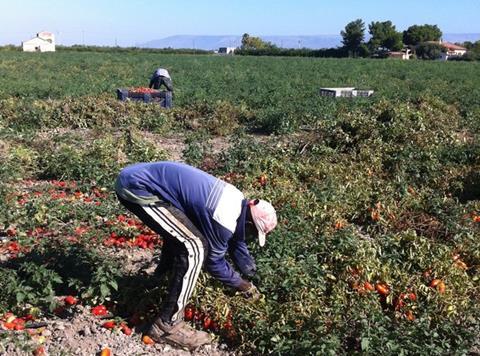
Retailers have been urged to use their “power and influence” to help stamp out abuse of migrant workers in Italian tomato supply chains.
A report published today (9 December) by the Ethical Trading Initiative, warned of “gross exploitation” of workers hired to pick Italian tomatoes, which account for 60% of the UK’s processed tomato supply.
ETI claimed it had found evidence of “gross exploitation” by migrant workers by illegal gangmasters dubbed ‘caporali’ who supply workers to Italian tomato farms.
The Italian government banned the gangmaster system - or ‘caporalato’ - in 2011 following revelations of appalling working conditions and links to organised crime. However, the ETI report alleges many of the gangmasters continue to operate illegally.
Abuse primarily occurred on smaller tomato farms in the south of Italy, which supply the 5,000 co-operatives that produce 99% of Italy’s tomatoes, ETI said.
These farms rely on migrant labour because their fruit is harvested manually, rather than by harvesting machines, and find it easier to negotiate with one gangmaster than individual workers.
Caporali negotiate with farmers and supply and pay the migrant workers under their control, bussing them onto the farms and overseeing “all parts of the workers’ life”.
ETI found the majority of migrant tomato pickers on these farms are being paid on average 40% less than other local workers on the legal minimum wage, regularly working 12 hours a day for less than €30.
The gangmasters also charge workers for transportation, food, phone top-ups, accommodation and money transfers - regularly pocketing “up to half of a worker’s daily pay”, the report claimed.
“Foreign labour is regarded as crucial to enable Italian agriculture to compete on global markets. Yet in a race to make the biggest possible profit, employment laws are being routinely ignored,” said Nick Kightley, ETI’s food and farming adviser. “Reliance on migrant workers, and the employment illegalities inherent within the tomato sector, has massive knock-on implications for those UK retailers that want to ensure their supply chains are abuse-free.”
He acknowledged that UK retailers typically enter the Italian supply chain at processer level, while exploitation normally happens two tiers below that at the farmgate, and the problem is often “hidden” because of the illegalities surrounding caporali.
However, he said “UK companies have power and influence, and can and should act”.
The ETI is advising retailers to urgently map their supply chains, including assessments of wages paid and hours worked. It has also advised brands to assess how their purchasing terms affect the situation and “whether this is a driver of low standards”.







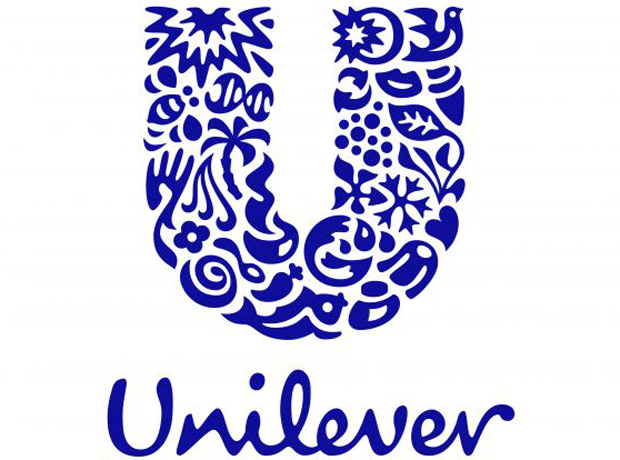

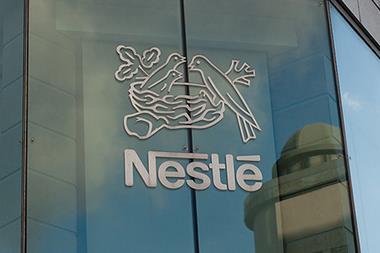

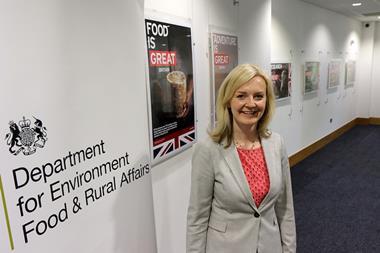
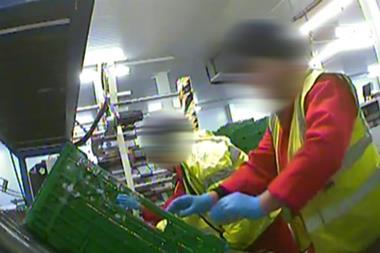






No comments yet